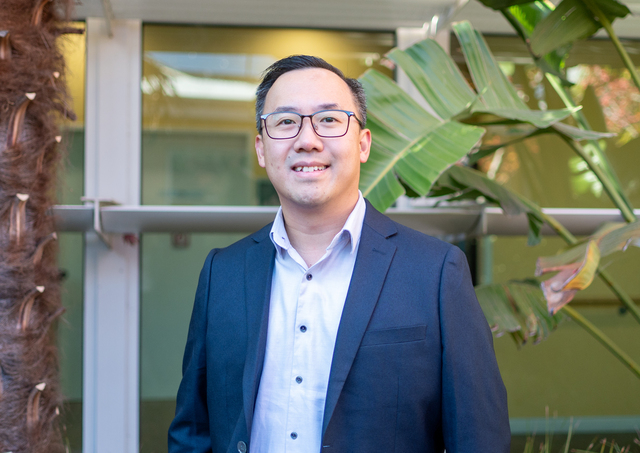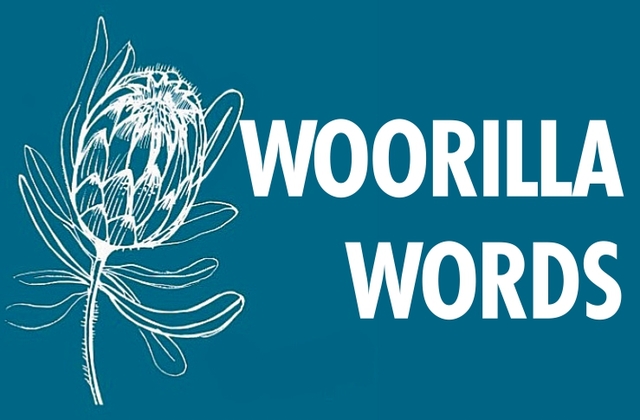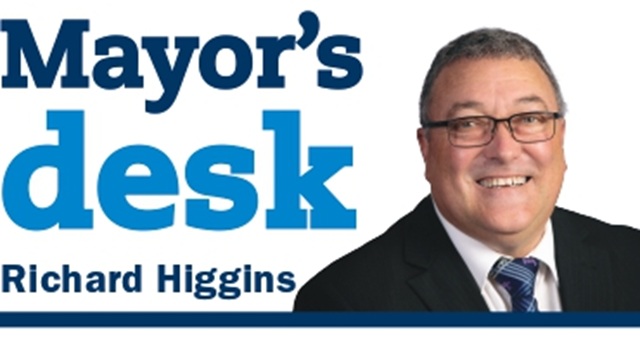This Palliative Care Week (11 – 17 May), Eastern Health’s clinical director supportive and palliative care Dr Aaron Wong touches on the importance of having challenging conversations, when life is steady.
As Dr Wong states “Life can sometimes turn out with surprises that aren’t so pleasant.”
“So it’s important that we capture wishes and preferences in an advanced care directive that will help guide decision making when we are no longer able to convey that when we’re unwell. This will allow people to make decisions on what matters to them as they approach the end of life.”
Dr Wong runs a team of clinicians committed to delivering high quality evidence based palliative care across Eastern Health.
His work ranges from clinical work and research activities to attending meetings representing Eastern Health to external community partners and organisations.
Dr Wong’s journey into palliative care was prompted by his own personal experience by seeing the difference it made to help his own grandmother make it home to die.
“I had to fly to Malaysia where the whole family wanted her home to die, and it was incredibly challenging to make that happen. Although she died within five minutes of getting back home, it meant the world to her and to all of them, culturally speaking,” he said.
“It’s been an absolute privilege to be able to journey with patients from the start of diagnosis of certain conditions right to the end.”
A common misconception of palliative care is that it is strictly bound to end-of-life care. Dr Wong explains that the service is useful in various stages of illness.
“Palliative care can be involved at any stage when someone’s unwell, and its intensity can vary according to a person’s needs and stage of illness,” he said.
“We work closely with their primary treating doctors, to ensure we complement and support care because it’s about the whole person.”
With growing community demands for care at home, Eastern Health is developing pathways to make palliative care more accessible in the home setting.
“Here at Eastern Health, we have started two outpatient palliative care clinics this year. This means that we can integrate, introduce and engage with people earlier on,” Dr Wong said.
With most referrals to palliative care occurring days or weeks before end of life, these clinics and close work with Eastern Palliative Care means there’s better planning and care in place to transition from hospital to home.
“Unfortunately, the best work we do isn’t going to be very effective if we don’t plan for care. Dying and being cared for at home is not the most straightforward for a lot of people; it does require a lot of planning, support and education.”







